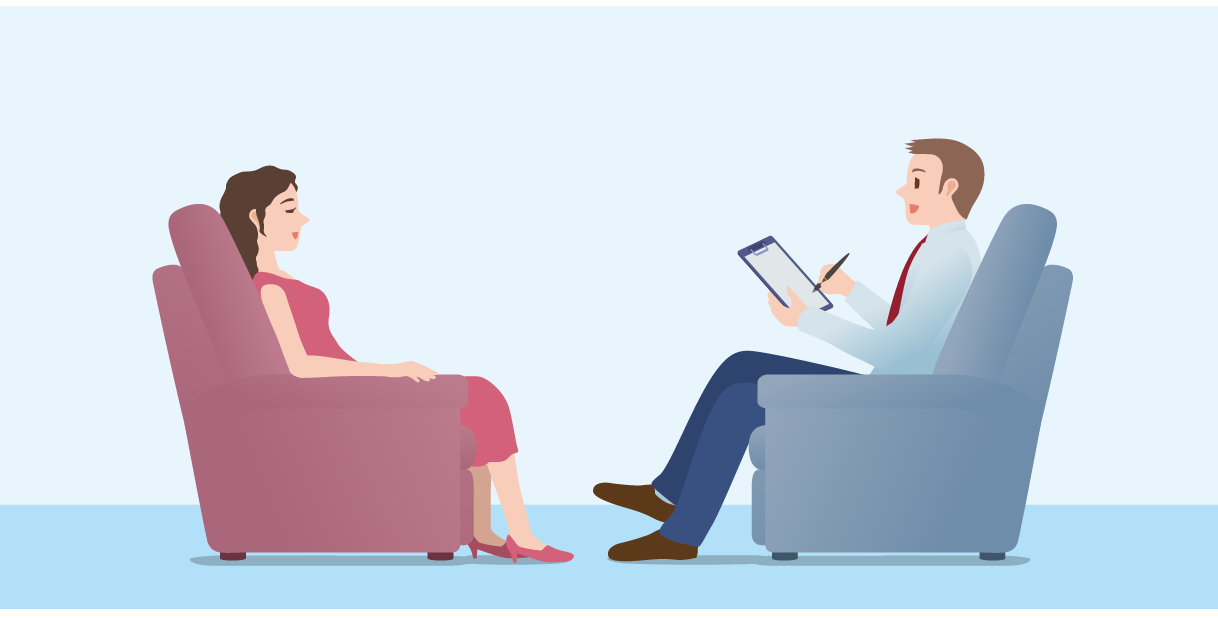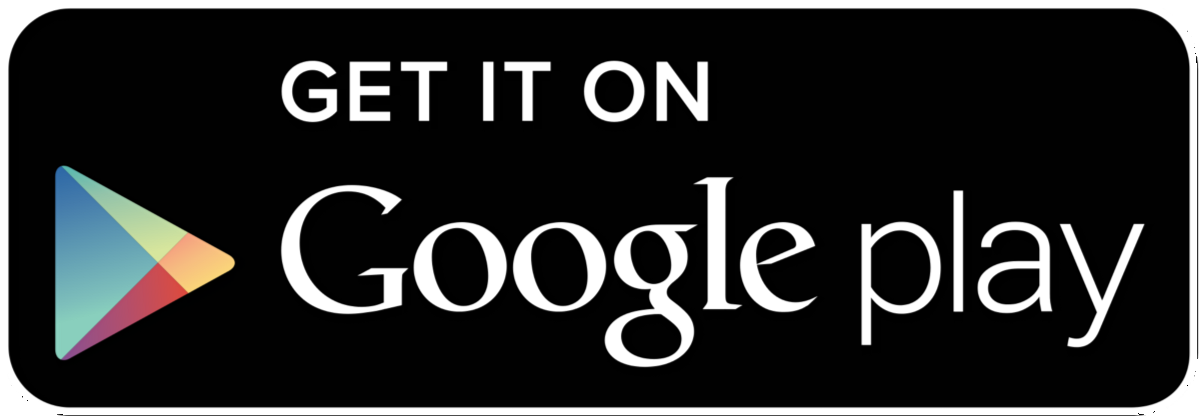Best Online Games To Play In Quarantine
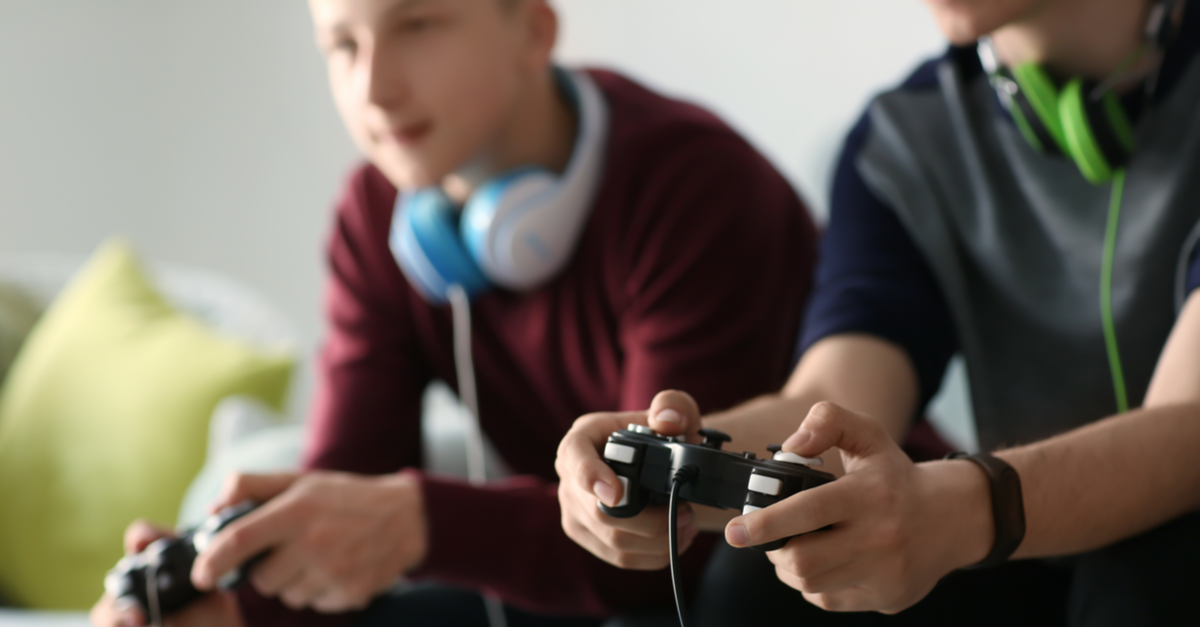
Not meeting your friends and missing fun days hanging out with them, is one of the biggest boring disadvantages of quarantine forced upon us by this COVID-19 pandemic. Thanks to our cell phones and the internet, we have plenty of ways to pass time. We have Social Media, Video Calling, Group Video calling, which brings our besties together. We understand that there are still many days to pass with social distancing to follow. Connecting your friends through your phones and having playful sessions of online games in quarantine can also be very exciting. Online group gaming can be a great idea for the coming weekend.
Here, are some of the wonderful online games to play with friends in Quarantine
Houseparty Games:
Houseparty is a group video calling app, which is just the same as other video calling apps. The only characteristic that makes it different than others is people joining video calls can play games together. There are four types of games available on Houseparty which are, Heads Up!, Chips, Trivia, and Quick Draw. The person who invites people can initiate new arcade games on the video. Participants just need to roll over the dice.
Monopoly:
Classic Monopoly never gets old. While there is an unwritten rule to have this game in every house, it is now possible to play a game online with friends. If you want to play it on your laptops, then it is free of any cost. For the mobile app version, there is a charge of $3.99. The mobile version is suitable for Android as well as iOS. This new version is very attractive and engaging for every user. For PC, users can download the game from the POGO website.
Online Casinos:
Another creative invention that allows playing your favorite casino games virtually. All types of casino games are available online, with short or as long as time the user wants. Online casino game developers try hard to recreate similar experience which is offered in typical casinos. Along with classic version of casino, several other formats are available online such as Slots, Roulette, Craps, Video Poker etc. They also have free versions, if you want to practice before you hit actually. During quarantine and lockdown, this creative option of online casino sites is getting popular. Several Indian Casinos websites are attracting multiple visitors and users.
Pokemon Go:
This game has created hype and buzz amongst the youngsters. It changed the future of AR-based gaming. Considering lockdown situations caused due to COVID-19 pandemic, the game developers have made changes in the game tracking GPS, limiting the travel to your backyards and garden compounds. You don’t have to roam around the city to gather pokemon. If you create lists of friends in the game, you can exchange some pokemon or even gift them.
Cards Against Humanity:
Uno or its newer version i.e. Cards Against Humanity can now be played online. You can challenge your friends online, and ask them to answer funny questions to move ahead in the next rounds. As you know there are two sets of cards in the game. There are black cards with fill-in the box options or questions and white cards with nouns that fill blank and answer questions from black cards. Many players like these games because they are very light-hearted to play and enlighten your mood.
Skribble:
Skribble is an online multiplayer drawing and guessing game which is available free of cost. Players need to draw their given words and others need to guess the drawing in several rounds. The person, who gets most of the points at the end, wins the game. So, one needs to draw a picture in 80 seconds from three options you get, and the other one needs to recognize the object drawn. Watching terrific drawings by your friends can be a perfect time pass.
Codenames:
We are familiar with the board game version of codenames. Now, the developers have bought an online version of the same. It is a game of guessing, which are related to hint- words sets given by another player. So, two teams are made and on consecutive terms, the spymaster gives hint about words on both cards. After taking 30 seconds to set up, the game lasts for 15 minutes. And no matter, who wins or loses the laughter after the game is always memorable.
Skills To Learn
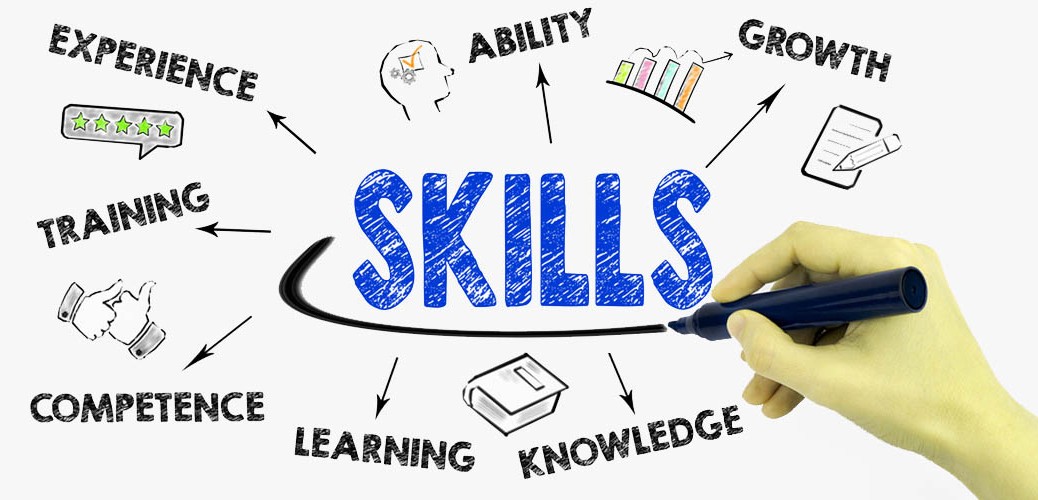
If you’re stuck at home as a result of the coronavirus outbreak, then chances are you’re probably on the lookout for something to do.While jigsaw puzzles and video games can be a fun way to get through a few hours of the day, there are several other ways to pass your time in lockdown more effectively.Whether it be a new skill you have always wanted to learn, or an old hobby you’ve been meaning to pick back up again, now is the perfect time to busy yourself and make your time in self-isolation worthwhile.
New Language.
Learning a new language is something many of us say we wish we could do, but never get around to actually doing. So, why not break the mould and learn one for yourself? Whichever language you choose – whether it be French, Spanish, Mandarin or Swahili – it could make a big difference to your life once we finally get through the coronavirus outbreak. Say you’re a keen traveller, for instance. By being able to speak the language of a certain country, you will not only be able to engage in more meaningful conversations with the locals, but you’ll make yourself more employable at the same time.
First Aid
Let’s set the scene. Your partner is doing a few odd jobs around the house to pass the time when you suddenly hear an almighty crash. You rush to see if they are OK, and you find them clutching their shoulder in pain on the floor. You help them as much as you can but are not really sure what to do. If only you had taken that course in first aid you’d been meaning to. Knowing how to administer first aid can be the difference between life and death. While in-person courses from accredited trainers provide you with a more detailed level of knowledge, there are a number of ways to learn how to administer first aid at home – whether it be for a sports-related injury, post-operative pain, a cut, scrape, burn, or sprain.
Cooking
From soufflés to trifles, and coq au vin to pizzas, knowing how to cook properly is vital. While many of us will understand how to shove something in the oven and leave for 20 minutes, there is a big difference between knowing how to cook and knowing how to cook. With so much free time available on your hands, now is the ideal time to don the apron and get creative in the kitchen. If you’ve got a sweet tooth, why not try your hand at baking some cookies or brownies. Or, if you fancy yourself as a bit of a kitchen whizz, test your skills by cooking recipes and ingredients you’ve not tried before.
Gardening
While on the subject of food, why not try your hand at growing some of your own? Gardening can not only be a highly therapeutic way of passing the time, but it can also feel incredibly rewarding when enjoying the literal fruits of your labour – whether it be tomatoes, carrots, chillis, peas, oranges, or whichever fruit or veg takes your fancy. Growing your own beautiful flowers and plants can also feel equally rewarding, truly bringing a touch of className and beauty to your home’s interior and garden. If you’ve not got the greatest green fingers already, perhaps now is the ideal time to learn how to care for plants effectively.
Textiles.
If you’re always finding holes in your clothes, or love the idea of creating your own clothes, learning how to sew, knit or crochet could be a useful way to spend your time during the lockdown. After all, there’s nothing quite like wearing a nice, warm woollen scarf or blanket you’ve created by hand yourself, or repairing a coat back to its former glory. Just like gardening, knowing your way around textiles can be an incredibly rewarding and useful skill to know.
Finances.
While the thought of learning about finances may fill you with dread, keeping on top of your money effectively could make a huge difference to your life. After all, money is what makes the world go around – if you’re spending beyond your means, are paying too much tax, or are saving money in all the wrong places, only you can do something about it. If you don’t know your P45 from your P60, or your credit card from your debit card, now is the perfect time to get clued up. Whether you’d rather do a quick online course in the basics of accounting, or simply read some useful guides from websites like MoneySavingExpert.com, knowing your way around your finances could free up funds to pay for some of the other life skill ideas featured on this list.
New Hobby.
While learning a hobby may not necessarily count as a life skill per se, having our own interests is what makes us as humans unique. It’s also been shown that learning a hobby helps keep our mental health in check, which has a drastic impact on our life choices and our ability to maintain social contacts. Whether you’d rather learn how to do something creative, like playing a musical instrument or becoming an artist, or something more exercise-focused, like how to do yoga or play table tennis, there are a ton of hobbies and activities out there to choose from. Pick your favourite and strive to improve your ability at it during your time in lockdown. You never know, it could go on to shape your life and career once the pandemic is over.
Indoor Games to play during Lockdown
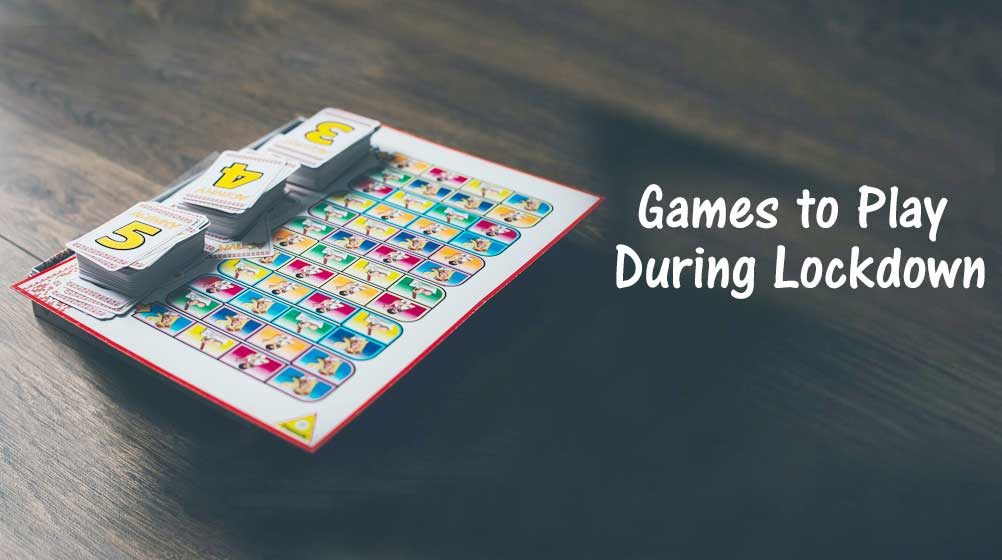
The 21 day lockdown has got all of us getting used to and adopting new schedules as far as our daily routines are concerned. Sleep patterns have changed, meals in some cases have become more frequent while in the case of others have reduced. One thing which remains constant is how do we spend our time each and every day to avoid boredom from creeping in.One way of doing so is to revisit the games we used to play as children in school. We’ve selected a number of indoor games which you can play with those you are spending time with in the house, not only do they help pass the time, but are great fun!
Lava
A fun game which was played almost everytime when we would visit our friends houses, Lava. Participants are not supposed to stay on the floor while the game is in progress, and station themselves on the bed, soda, chairs. The trick is that they cannot stay in one position for too long, and if caught on the floor while changing their position, are out of the game.
Dumb Charades
Probably the most popular indoor game of all time, it helps if you are a good actor or are a movie buff. Two teams are formed, and the turn by turn they enact names of movies which are to be guessed by the other team
Musical chairs
Physical activity and music- two essential items to survive this lockdown are part of this game. A favourite during birthday parties, participants walk around a bunch of chairs that have been placed while the music plays, and as soon as it stops are supposed to sit down. The one who cannot find a place when the music stops, is out.
Stone Paper scissor
We’ve all played this hand gesture game to kill time while growing up- but just so that you remember the basics- paper is stronger than the stone, stone can break the scissor and scissor can cut the paper.
Hide and seek
One of the most thrilling games we enjoyed as kids, its time to relive those memories! Hide in the bathroom, behind the sofa or behind other people, the choice is yours!
Self Care
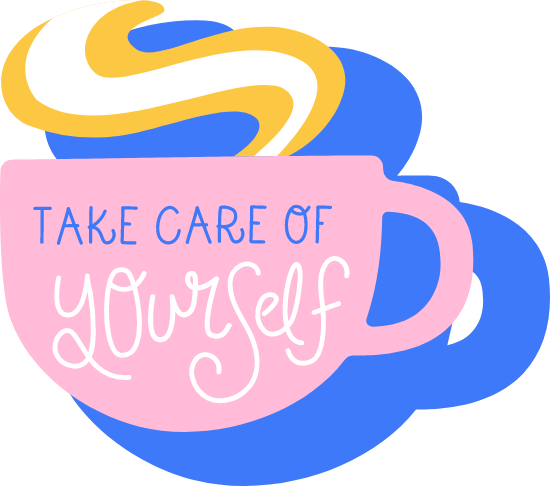
If you feel sick you should rest, drink plenty of fluid, and eat nutritious food. Stay in a separate room from other family members, and use a dedicated bathroom if possible. Clean and disinfect frequently touched surfaces. Everyone should keep a healthy lifestyle at home. Maintain a healthy diet, sleep, stay active, and make social contact with loved ones through the phone or internet. Children need extra love and attention from adults during difficult times. Keep to regular routines and schedules as much as possible. It is normal to feel sad, stressed, or confused during a crisis. Talking to people you trust, such as friends and family, can help. If you feel overwhelmed, talk to a health worker or counsellor.
Covid Heroes

Right now, our healthcare workers are on the frontlines of battling the novel coronavirus disease (COVID-19) that’s spreading rapidly throughout our city, state and nation. They are putting themselves in the path of this virus — in Chicago and around the world — in this unprecedented crisis. Our doctors, nurses, technicians, transporters, EMTs, pharmacists and everyone who supports patient care are rising to the occasion and caring for our most vulnerable populations.
Our Role as Individuals !
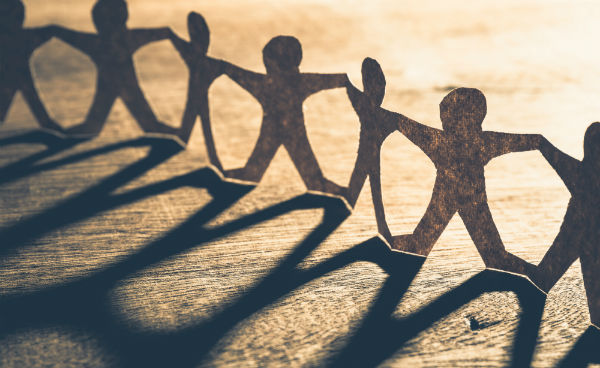
We are all impacted by COVID19 – A.K.A. the Coronavirus – one way or another. No matter where we are in the world and where in the age spectrum we sit. However, some of us are at higher risk – for instance, older people and people with severe underlying health conditions. Some of us are more impacted than others due to individual, community or geographical circumstances. Now before a deep dive into specifically what you all can do, start by applying practicality and common sense and follow these five simple pointers to manage the COVID19 and also come together as a resilient global community:
Follow simple and routine World Health Organization WHO Guidelines
Properly wash your hands more often, avoid crowded spaces, avoid handshaking, if you are sick wear a mask and seek medical attention immediately.
Educate your families, friends and community
Spread community awareness online and offline. For example look at how the Scouts are raising community awareness around the world and how the Ndlovu Youth Choir in South Africa used music and dance to dismantle myths about Coronavirus. Unfortunately, fake news spreads so fast in times of uncertainty. So be responsible. Verify every news and information before sharing. Be a source of calm during this storm.
Volunteer
Find opportunities to volunteer in your community. If there are older people or immunocompromised people help them out. Help out vulnerable people in your community to pick up their groceries and medicine. Healthcare workers around the world are called to work in high demand and they might need your help looking after their children or looking after their parents while they attend to life-saving work in clinics and hospitals around the world. This example shows how young people in London, UK, are helping out the elderly.
Donate
Find a reliable charity to donate. The UN Foundation and the Swiss Philanthropy Foundation for an example, just launched a Coronavirus response fund. You can also support other campaigns such as “Stand together to beat Coronavirus” by Global Citizen urging that the G20 countries contribute financially to strengthen efforts by the World Health Organization.
Hold your Government accountable
Advocate for free testing, reliable information, paid sick leave, investments in science and Universal Health Coverage.
Coping with Anxiety & Depression
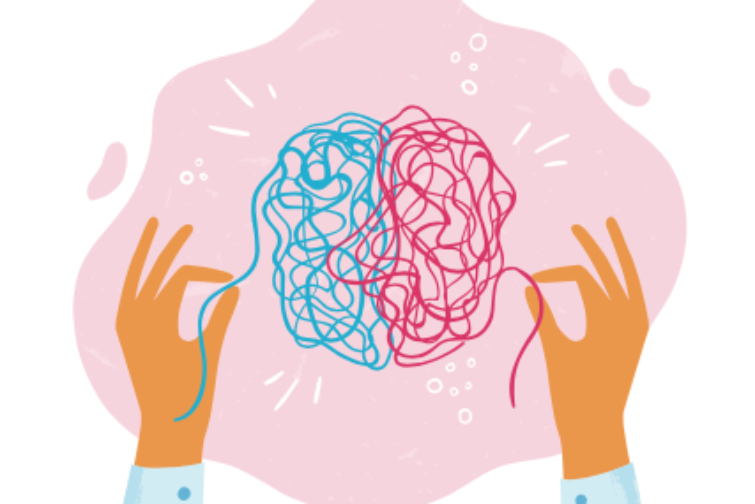
In the midst of the global COVID-19 pandemic, it’s easy to feel overwhelmed by hopelessness and despair. But these tips can help improve your mood and ease depression.
Understanding Depression
If isolation, anxiety, economic uncertainty, and the daily onslaught of bad news generated by the coronavirus pandemic are taking a heavy toll on your mood, you’re not alone. In the U.S., nearly half the respondents to a recent Kaiser Family Foundation poll felt the pandemic was harming their mental health—and that picture is repeated around the world. The stress of social isolation, the worry about jobs, money, and health, and the profound feelings of loss that many of us are experiencing at the moment can trigger depression for the first time or exacerbate symptoms if you’ve already been diagnosed. When you’re suffering from depression, life can seem overwhelmingly bleak and hopeless. It can interfere with your ability to think straight, drain your energy, and make it difficult to get through the day. Even as some countries and regions begin to ease stay-at-home restrictions, it seems unlikely that life will fully return to normal any time soon. But no matter what constraints you’re living under at the moment, these strategies can help you counteract loneliness, ease negative thoughts, improve your mood, and cope with symptoms of depression.
How COVID-19 affects depression
This is a distressing, uncertain time. Even as some places start to open up again after months of lockdown, the end may still seem a long way off. You may have lost your job, be struggling financially, and worried about if and when the economy will pick up. You could be grieving the loss of loved ones or the life you knew before the pandemic, or feeling frustrated and cut off by continued social distancing. Living in the age of coronavirus can have a profound effect on your mood.
Isolation and loneliness fuels depression
Human beings are social creatures. Being cut off from the love, support, and close contact of family and friends can trigger depression or make existing symptoms worse. Months of social distancing and sheltering at home can leave you feeling isolated and lonely, having to face your problems alone.
A troubled relationship may be even worse than loneliness
While strong and supportive relationships are crucial for your mental wellbeing, being forced to spend months quarantined in a troubled, unhappy, or abusive relationship can be even more damaging to your mood than being alone.
Anxiety can lead to depression
All the fear and uncertainty surrounding COVID-19 means it’s natural to worry. When your worries spiral out of control, though, they can cause panic and anxiety. Since anxiety and depression are believed to stem from the same biological vulnerability, one can often lead to the other.
Stress levels are soaring
Still need a counsellor?
A Hope in this Pandemic!
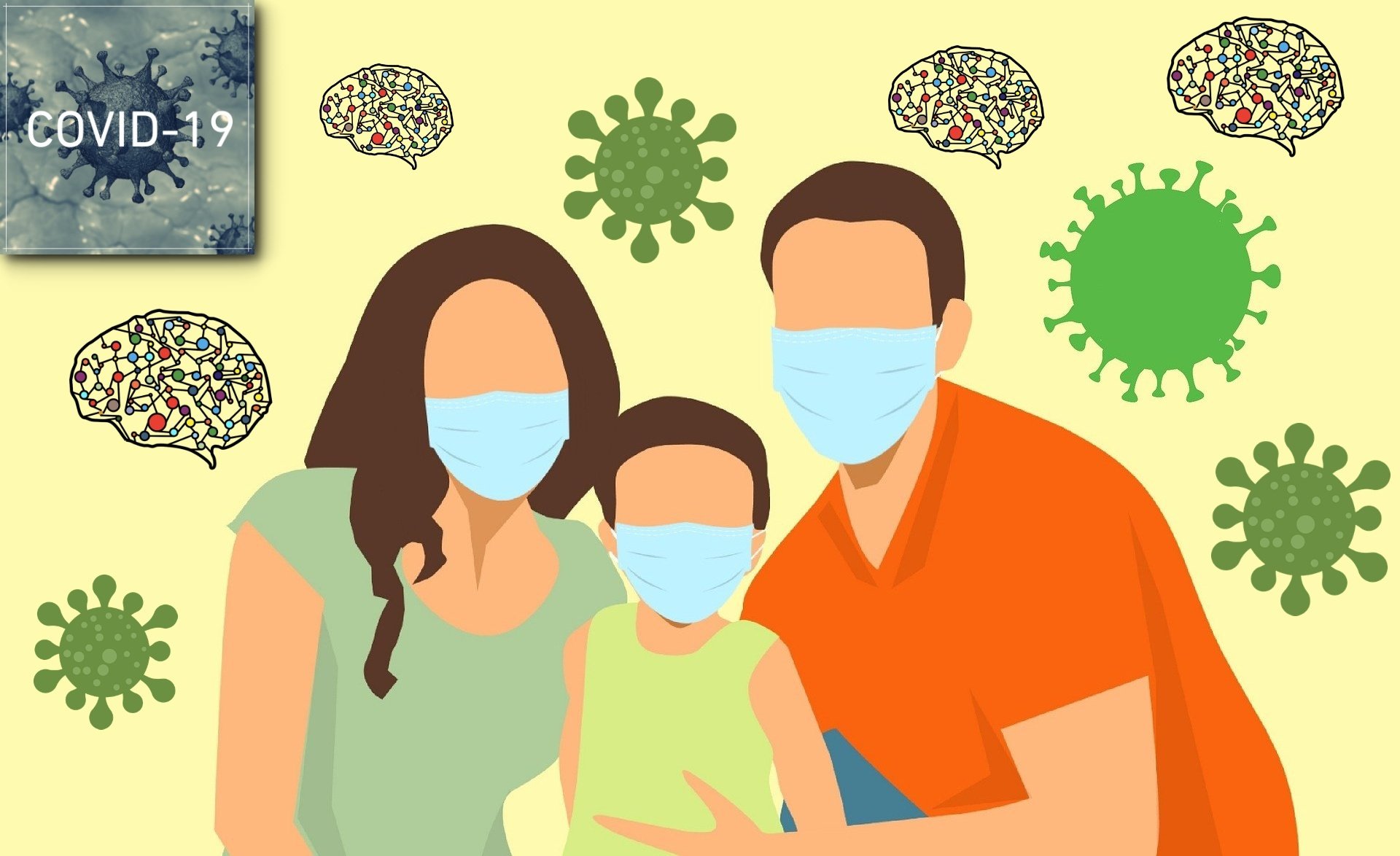
The novel coronavirus pandemic can be the moment the world pushes back against fear and isolationism, and turns instead towards hope, solidarity and a shared sense of global community. These are fearful times, to be sure. Some 3.55 million people have been infected by COVID-19 and nearly a quarter of a million have perished. Billions of people are on lockdown or in self isolation. Yet this pandemic and the fear, dread, and anxiety that it has induced has not occurred in isolation. For years, we have existed under the constant and pervasive feeling that things are getting worse, that we are failing each other and that we are failing our planet. This isn’t helped by a daily news cycle that reads like an ever-escalating drumbeat of anxiety. Climate change, war and conflict, isolationism and trade wars; our world, at times, feels dark and lonely, and this despite the many, many positive news stories that exist but that rarely get attention.
Global togetherness
No one doubts that COVID-19 is one of the most dire threats the world has ever faced. And yet, amidst the confusion and anxiety, there are ever stronger signs of hope and solidarity, a sense of, and desire for, togetherness. It is this spirit of global togetherness that gives us hope. In this time of crisis, we are all neighbours in the world, and success will only be achieved when all people, in all countries, are protected. Thankfully, this shared sense of responsibility has seen a world come together in ways that we have not seen for some time, and the examples are everywhere. In the U.K., an army of volunteers has come forth to support their neighbors. As stated in the New York Times, “When the government appealed recently for 250,000 people to help the National Health Service, more than 750,000 signed up. It was forced to temporarily stop taking applicants so it could process the flood.”
In Somalia, where health infrastructure and traditional media have suffered under decades of strife, local storytellers are being equipped with the skills and tools to reach remote communities and educate them on best practices against COVID-19. The initiative is a collaboration between UNDP Somalia’s Accelerator Lab and experts from Australia’s Queensland University and Digital Storytellers. And, as pointed out by Jayathma Wickramanayake, the UN Youth Envoy, young people from Syria to Peru to South Sudan are helping to tackle misinformation, raise community awareness and support the elderly. Such examples are spreading like wildfire as people seek out a light at the end of the tunnel and work to show, to each other, that we all stand together. We see this in the towns and cities around the globe where citizens are painting hearts on windows, where crowds cheer for healthcare workers, and where everyday people perform songs on social media to help lift spirits.
Leaning into hope
Without ignoring the realities we face, it is clear that the world is reaching for a positive message. These words were echoed by UN Secretary-General António Guterres to world leaders, as he emphasized the need for solidarity and global cooperation. His call has resonated. Long sought-after partnerships with private sector companies are suddenly coming to fruition as everyone steps up to pitch in. UNDP has recently partnered with Variety on a global ad campaign. And UNDP’s new partnership with Heart17, a global initiative using creativity and innovation to accelerate the SDGs and light a spark of hope among the young generation, has brought together major players within fashion and popular culture, such as H&M Group and Spotify, to share their media space for messages around health and safety during the COVID-19 pandemic.
Certainly there will be many lessons learned once COVID-19 has passed, and UNDP’s Accelerator Labs has assessed some of the post-COVID-19 trends they see emerging. A key takeaway is this: COVID-19 has been a sort of reset across societies, across sectors. From telecommuting for work or school, to supply chain management, to support for health systems, and small and medium enterprises, to mental health support across borders or simply across the street, COVID-19 has forced us to look at how we work as a species on this planet. Amidst the pain that we continue to endure, we should find comfort in the stories of hope and solidarity, and continue to see the value in the positive, encouraging lessons that are emerging for our post-COVID world.
